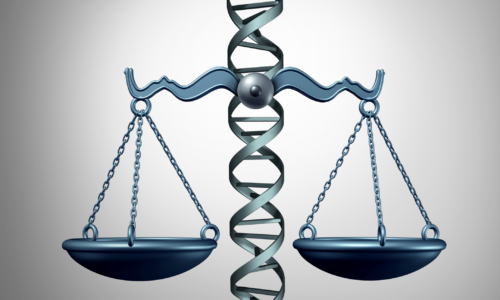One of the most important tasks in bioethics is distinguishing between ordinary and extraordinary means when it comes to medical care. The reason this distinction is so vital is that Catholics have a moral obligation to receive ordinary care for themselves and give it to others. What is deemed to be extraordinary is morally optional; persons can choose if they do or do not want to receive such care.
Pope Pius XII made this very important distinction in a 1957 address to anesthesiologists. He noted that the Church does not want to place stricter obligations on people than what is morally required. I find it very beautiful how careful the Church is to help believers have as much freedom to act as possible in conformity with the truth and what is morally good.
What is the ordinary care that is morally required? The short answer is basic care to preserve the life of the person. These would include most forms of comfort care like cleaning and pain medication and food and water. A big debate happened over the ethical status of the provision of food and water by artificial means like an IV or a feeding tube. Is that ordinary care? The Church has emphatically said yes, through the Congregation for the Doctrine of the Faith.
There have been some refinements of this clear teaching. If a person is imminently dying and there is a burden caused by feeding or hydrating, they might have this discontinued since it will not cause harm such as dehydration or malnutrition as a cause of death. Sometimes a person’s body shuts down and becomes unable to assimilate food or water. Solutions should be sought to see if other ways of feeding and hydrating them are possible, but if they remain unable to process food and water, then it can be harmful to continue giving it to them. In some cases, continuing to feed or hydrate a person who cannot absorb these things could even hasten their death. This is addressed in directive 58 of the Ethical and Religious Directives for Catholic Health Care Services.
Ordinary medical care is largely an intervention that is generally accepted as effective and not terribly burdensome or expensive. This varies from place to place and even as a result of scientific breakthroughs. In very poor countries some drugs or medical treatments may not be available and would not be ordinary care, but those same things could be ordinary in more developed countries. Dialysis started as extraordinary care in its beginnings and became more ordinary care over time as the technology and availability of it improved.
What is extraordinary care? It can be helpful to use another term that is sometimes used by ethicists and moral theologians: disproportionate care. Extraordinary means would involve severe burdens, physical or psychological or financial. Extraordinary means such as experimental treatments would not have a very high chance of effectively helping the patient.
One important point here to remember is that different people have disparate reactions to certain interventions. A person might have a great aversion to an organ transplant or amputation. If this is very strong, it has a bearing on what might become extraordinary care that a person can refuse.
Extraordinary care is an area of moral freedom. People can choose a therapy that is experimental if they have hope it will help them. This is an option, but certainly would not be required. Importantly, if a person feels ready to die and does not want the severe burdens of some therapies, they can choose to discontinue them.
Bishop Thomas Paprocki recently wrote a very interesting article for the NCBC on “Social shutdowns as an extraordinary means of saving human lives.” The interesting point he makes is that the burdens of some lockdown measures can be so high as to render them extraordinary and so morally optional rather than an ordinary response to disease prevention. It is something that requires discernment in as objective a manner as possible.
It is important to remember that some risks/burdens are simply an acceptable part of life. If no risk were permissible, we would not drive cars since there is always a risk of an accident. That is, however, not reasonable. We would rather say that one has to drive safely, wear seatbelts, and so on but not refuse to take the risk of driving. This has definite bearing on COVID-19 as we cannot reduce the risk to zero without unacceptable burdens on people and society. There is definitely a price in terms of lives lost caused by confining/isolating people, so this has to be balanced against the risks of death from the disease.
I would urge everyone to think about these important distinctions between ordinary and extraordinary care when confronted with end of life decisions. Some hospice care providers refuse to give assisted nutrition and hydration, and this is generally not acceptable. There could be exceptions, as noted earlier, but the Church has made it very clear that nutrition and hydration, even if medically assisted, is normally ordinary care.
This is a very important area of moral/ethical decision making. It can be very difficult to discern ordinary vs. extraordinary means and what to choose or refuse among extraordinary means, and that is one of the reasons The National Catholic Bioethics Center exists and provides a free counselling service. We help many people determine what choices to make, particularly at the end of life. Having advice from experts who are not emotionally involved in a very difficult situation can be very beneficial. Many people write to thank us for listening, praying for them, and giving sound ethical advice. The service is available here.
Joseph Meaney is President of the National Catholic Bioethics Center.
Originally published here.
